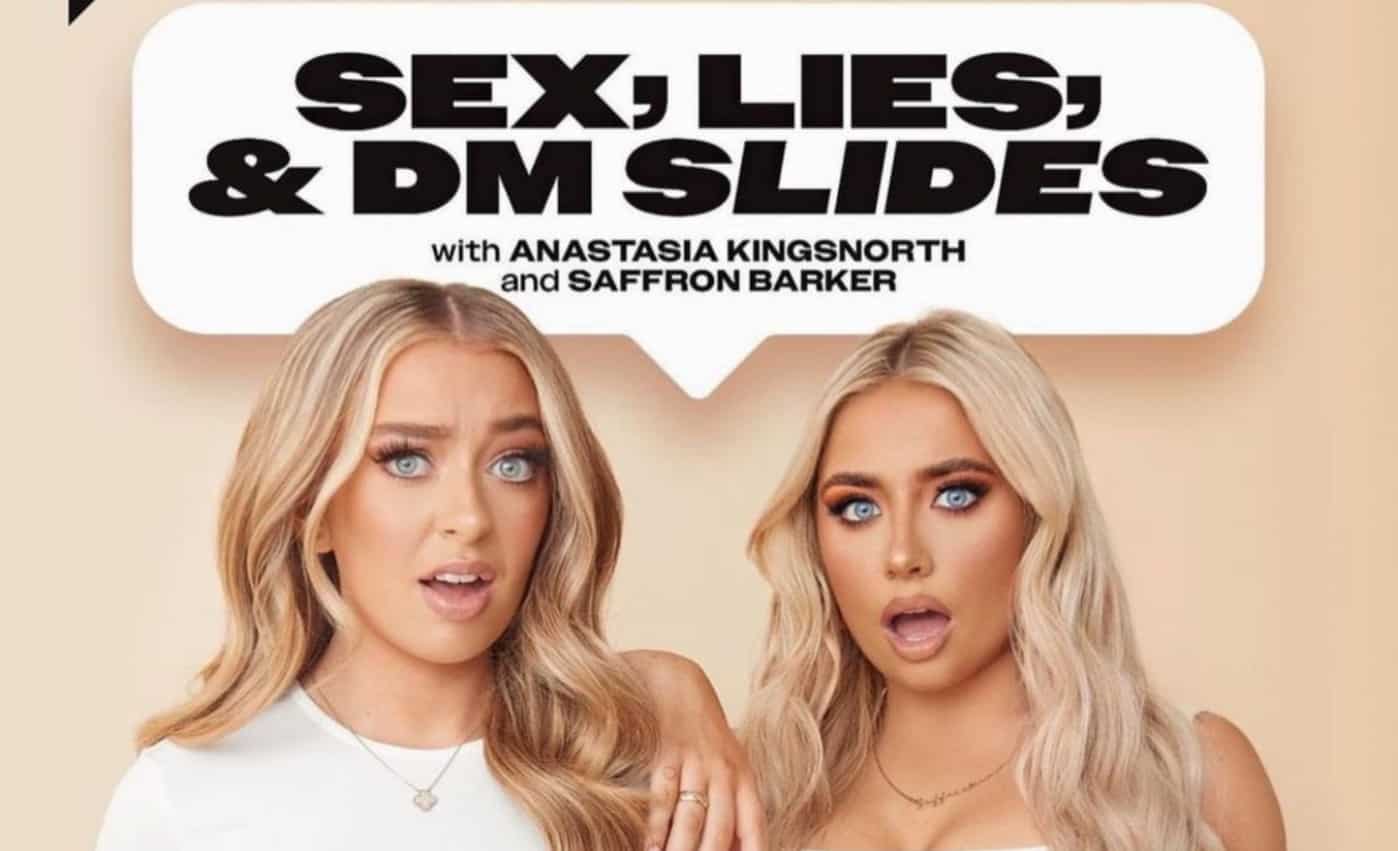Shein is reportedly investing $15million to upgrade its factories following claims two of its suppliers are breaking labour regulations in China. Employees have worked 18 hours a day and been fined for making mistakes, a documentary revealed.
Influencers have been central to Shein’s success but its environmental and ethical track record make representing the brand a complex decision for creators. Audiences are quick to call out content featuring businesses that greenwash or are believed to exploit their workers and a few strongly worded comments can lead to a pile on. For influencers – whose success relies upon a positive relationship with their followers – this is bad for business, and Shein’s brand has become shorthand for consumerism at any cost. Backlash is becoming par for the course.
When the business started to gain serious traction in 2020 thanks to its #SheinHaul TikTok challenge, it was something of an unknown quantity. In fact, UK YouTube content about it mostly revolved around figuring out whether it was a scam. But TikTokers fell in love with its dupes of Brandy Melville and House of CB, not to mention its ability to reflect TikTok trends faster and cheaper than anyone else.
Two years ago there was a tidal wave of TikToks broadcasting Pretty Little Thing’s environmental sins. On Shein’s, there was basically nothing. Its controversies – which include retailing swastika necklaces and accusations it shipped toxic materials in handbags – were drowned out by the non-stop flow of Shein update videos, made by creators who documented its thousands of new products every week.
Those halcyon days are not quite over but they are certainly compromised. While Shein hauls remain a prolific content format on TikTok there are a lot of detractors too, with creators reposting footage from inside its factories and publishing commentary about the company’s environmental impact. Consumers are sharing their views and many are negative. For example, in response to a viral Shein haul, one user wrote: “My biggest flex is that I don’t shop at Shein.” Similarly critical comments followed.
Creators now stand at a cross roads with the fast fashion brand and turning down income during a tough economic climate is no joke. But for those who can, this will be a positive decision in the long run because bad stories about Shein just keep coming and there’s a chance we’ve only seen the tip of the iceberg.
By Sara McCorquodale, CEO and founder of CORQ. Picture credit: Shein via Instagram.










Meet Cider – the TikTok obsessed fast fashion retailer aiming to be the new Shein